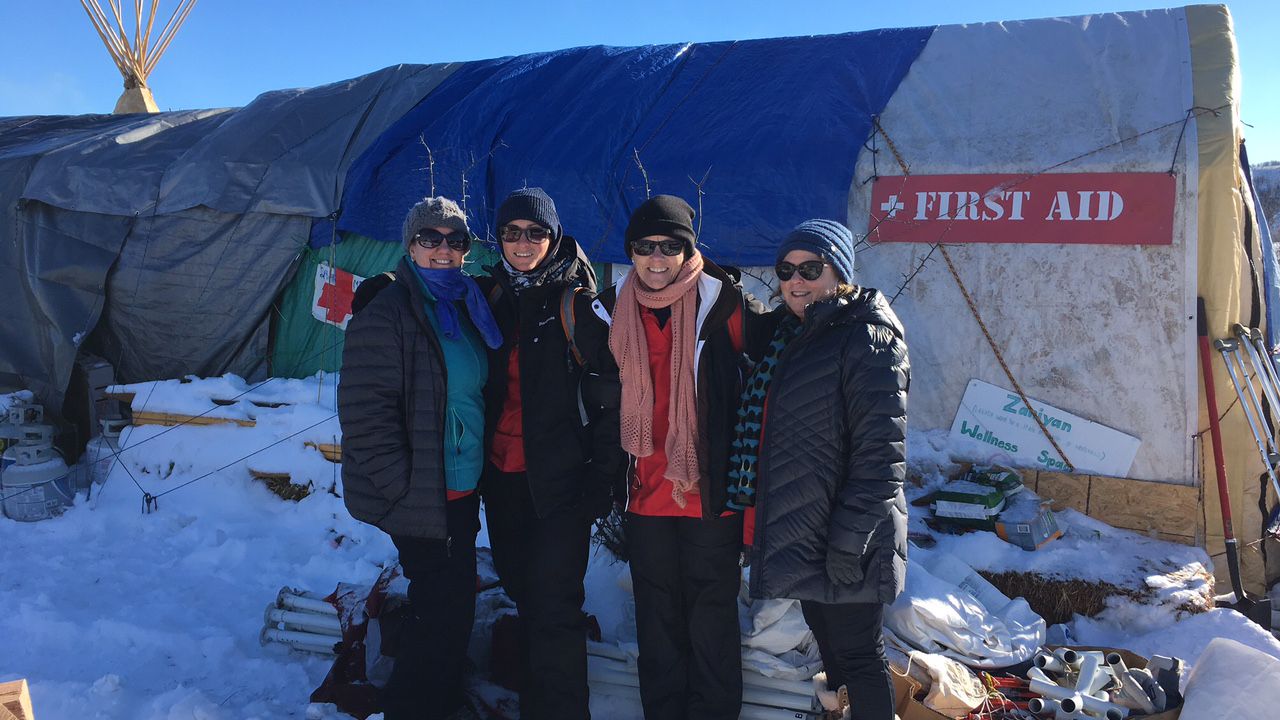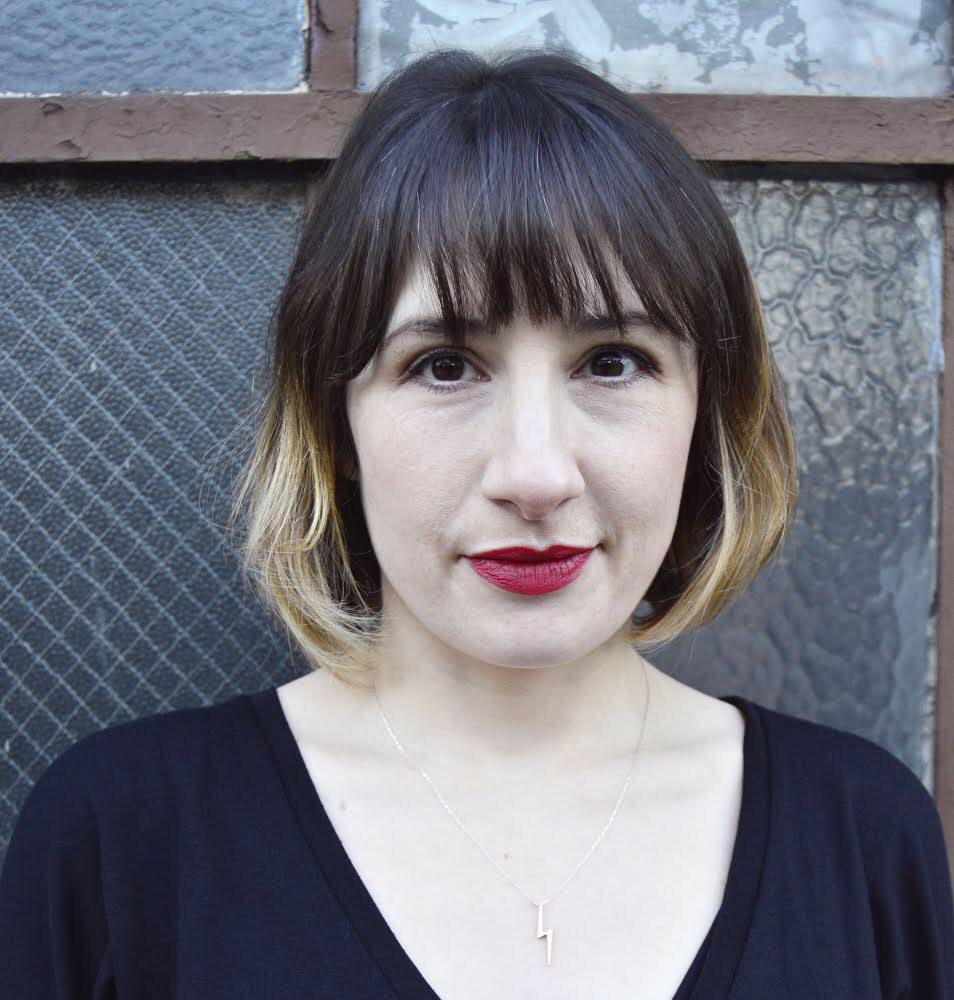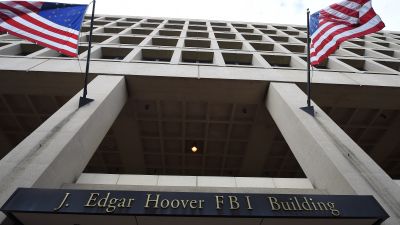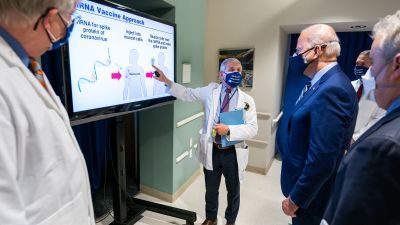
Nursed serving at the Standing Rock Reservation. (Photo by National Nurses United)
This Q&A is part of Sarah Jaffe’s series Interviews for Resistance, in which she speaks with organizers, troublemakers and thinkers who are doing the hard work of fighting back against America’s corporate and political powers. This interview has been edited for length and clarity.
Dotty Nygard and Rhonda Risner are registered nurses, members of National Nurses United and activists for single-payer health care and climate justice. Their work has taken them across the country and the world, where they’ve seen firsthand the impact of storms worsened by climate change and the lack of consistent health care. Nygard is an emergency room nurse at Sutter Tracy Hospital in Tracy, California, and is a member of the Registered Nurse Response Network (RNRN). Risner is a registered nurse from Dayton, Ohio, and after more than two decades in the private sector, she now works in the emergency department at the Veterans Administration hospital in Dayton, Ohio.
Sarah Jaffe: I understand both of you have been doing Hurricane Harvey relief as part of the RNRN Network?
Rhonda Risner: We went down for a one-week deployment, the third week after the disaster. We saw a lot of chronic issues. We saw a lot of acutely ill patients who suffered heart attacks, strokes and hypertensive crises. We also saw people who had very high blood sugar. Those were all probably a result of not having access to health care initially after the hurricane and also losing their medications in the floods thereafter.
Dotty Nygard: There’s an early start of flu. This wasn’t just a little viral bug going around, it was actually confirmed flu. This is something that happens when you are in confined quarters and have a lot of different people with different immune systems present.
RR: Norovirus was also being confirmed right as we were leaving. The danger of that is that it spreads quickly, especially in confined places. That is something that we are pretty proud of as nurses — to be able to recognize those signs and symptoms and do what we need to do very quickly and efficiently.
SJ: Tell us a little background on the RNRN program.
DN: It is a national volunteer network that started after the South Asian tsunami. To date we have over 20,000 volunteer RNs that are actually powered by National Nurses United. I think about 2,000 are on standby and ready to be deployed if there is a need.
RR: We responded to Haiti post-earthquake, and also in the Philippines after their typhoon. We also work with the US Navy with Continuing Promise, which leads health initiatives in Central and South American every two years. We travel with the Navy and over 30 other NGOs on the USNS Comfort. I was actually able to deploy in 2015 on the South American six-month deployment. I did a two-week stint in Haiti just to follow up with earthquake relief.
SJ: I have been saying to people for the last few weeks that it feels really apocalyptic right now because there is so much going on. I imagine right now you have a lot of places on your minds.
RR: We are ready to deploy. We are on standby and we are just waiting for the call.
SJ: Dotty, you went to Standing Rock when the encampment was there. Can you tell us a little bit about that?
DN: I traveled up in December with a small deployment of nurses. It was actually the same time when we had the veterans also coming up to support them. It was a game changer for me — when you have corporations that come in to try and gain control over your well-being, your land rights and your water access without any say.
The solidarity was amazing. We hit right when a blizzard came in. We saw a lot of frostbite and a lot of chronic illness, people that did not have access to their medications. Some of it was basic chronic illnesses — especially with the Native Americans — their access to medical care is very fragmented and limited. We are all saddened with the outcome, but that is what solidarity is about, when voices speak up we can change things.
RR: That is one of the things that they were really appreciative of in Houston, was that our team came in and gave consistency — being able to supply nurses to take care of the patients for that entire time we were there.
SJ: It is really something that we don’t talk enough about, that a lot of people don’t get consistent care for many reasons, not just because there is a hurricane.
DN: It plays on the fact that our health care system is broken and we have very fragmented care. We have many that can’t afford insurance. There are still millions of people that are not insured in this great nation of ours, and we have people that are insured but are afraid to use it because their copays and their deductibles are so high. It hinders those that do want to seek care and only perpetuates illnesses and whatever is ailing them at the time becomes even more of a problem. We see people sicker in the ERs now. Preventative care is very minimal. It’s not an emphasis or a priority. It speaks loudly of how we really have to fix the system first before we can really help our communities heal.
SJ: One of the things that I remember from the nurses that I spoke with after Hurricane Sandy here in New York was them saying that when they provided direct care after the storm, they were providing better health care than a lot of people had ever gotten.
RR: We don’t need to wait for a disaster to happen to provide every person in this country with health care. We don’t have to wait for a disaster because health care is a disaster. We need to look at prevention and making sure that everybody has some sort of access to health care.
RR: I worked for 18 years in an inner-city ER where we took care of patients who if they would have had preventative care for hypertension and heart diseases and diabetes, I wouldn’t have seen them a generation later in congestive heart failure, having amputated limbs from poorly controlled diabetes or heart attacks and strokes from uncontrolled cardiac disease.
SJ: I want to switch gears a little bit and ask about the climate justice work you are doing.
DN: We have brought a lot of awareness with marches and rallies to bring attention to the fact that the climate crisis we are facing right now is all science-based. We see the evidence.
SJ: One of the organizers that I know from the South Bronx would always say, “We see the first line of climate change right here through our breathing because the air is polluted right away. Before you even see massive storms from climate change, you see the highest rates of asthma in the country.” I imagine you both have seen a lot of the immediate effects of our energy system.
DN: Yes, I live in the Central Valley [in California]. We have the highest incidence of children’s asthma [in the state]. The air from the Bay Area gets blown in and trapped in the Central Valley, and we have two large interstates that drive right up and down to the Central Valley.
SJ: Recently we saw Bernie Sanders introduce a single-payer health care bill in the Senate that now has 17 Democratic co-sponsors. It kind of feels like we are in a “one step forward, two steps back” moment, but I would love to hear what you think as people who have been advocating for single payer for a long time.
RR: It is exciting to see that there is more interest this time around. We are not trying to just prop up what is already there; we are trying to have a solution to the problem and we see Medicare for all as the solution.
Prevention is the key. Our battle cry is that health care is a human right. That is why we really support Bernie Sanders’ Senate Bill 1804, which is expanded Medicare for all. We think that everyone in this country deserves access to health care.
SJ:How can people keep up with both of you and get involved in the fight for single payer?
RR: They can go on our website: www.nationalnursesunited.org.
Interviews for Resistance is a project of Sarah Jaffe, with assistance from Laura Feuillebois and support from the Nation Institute. It is also available as a podcast on iTunes. Not to be reprinted without permission.




